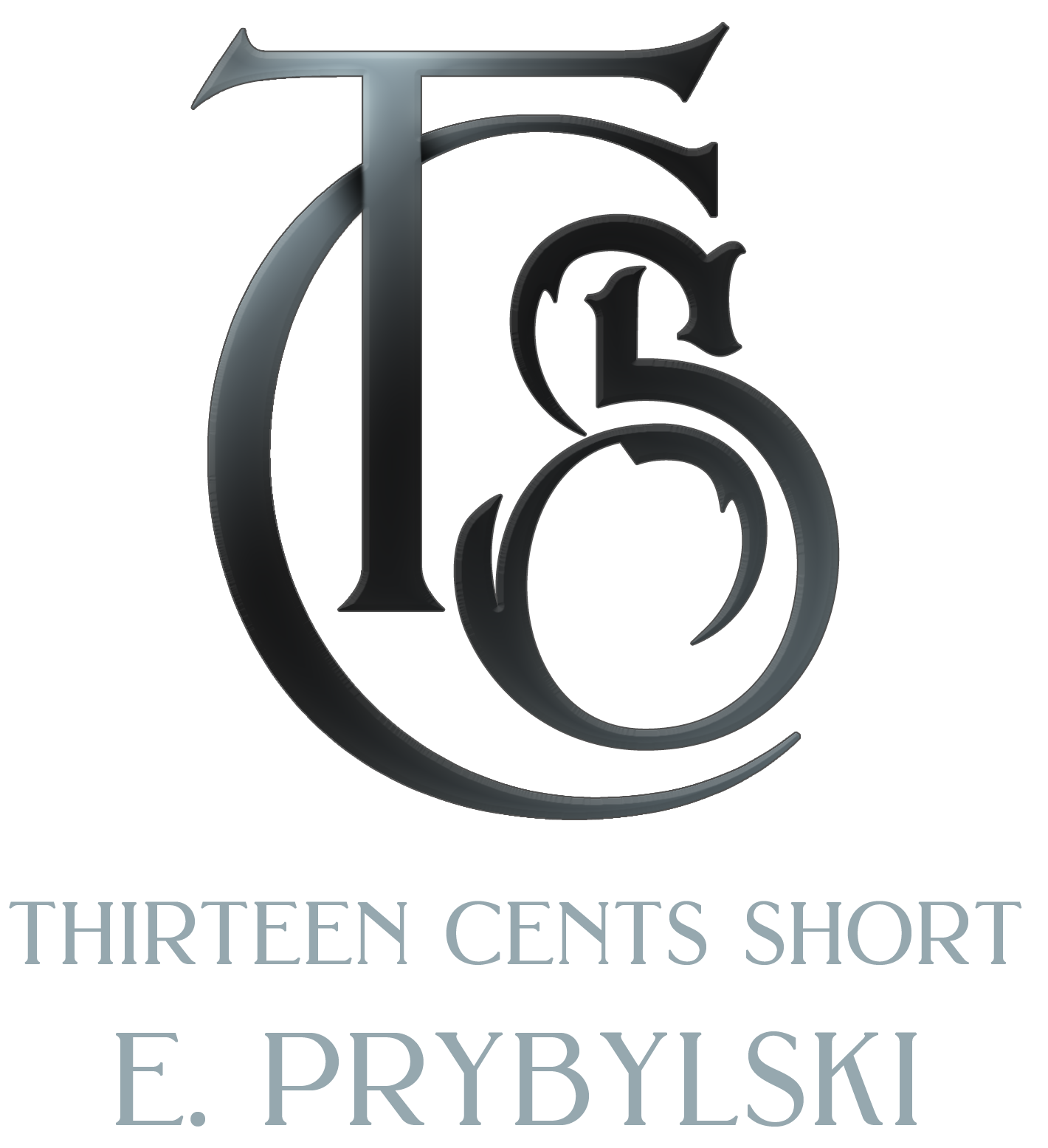You’ll hear in writing courses the world over that to-be verbs aren’t your friends while writing. The biggest reasons for this lie in the fact that many to-be verbs are passive in nature. Even if they aren’t passive voice outright, they’ll lead into passive construction which is just as unpleasant. The difference between passive voice and passive construction are very similar, and suffice to say they can be identified in the ways I mention in the blog I’ve linked to above.
Before going further, we should define what “to-be” verbs actually are: am, is, are, was, were, be, being, been. Now, you might be wondering how you could write a novel without employing them, and the reality is you probably shouldn’t. They’re important parts of the language, so don’t think I’m suggesting you delete them altogether. However, I do suggest writing a paragraph without any. It’s a good exercise. Even up to 500 words. It’s possible.
Another problem with to-be verbs is they often indicate telling rather than showing, and as we all know, “show, don’t tell”. The importance of showing can’t be understated. Now, by “show” I don’t mean you have to narrate a character’s entire life story in order to explain something. “She had a rough childhood.” That’s sufficient sometimes. You also can skim over one character telling another something the reader already knows. “Show, don’t tell,” more means things like character’s emotions. The difference is in the imagery and creating a real world. Which is more evocative?
Bob is furious.
Veins pulsed in Bob’s forehead, and his fists clenched.
While I’m a fan of brevity, there are times it’s better for the story to expand on things at least a little. Also, you notice the lack of adjectives and adverbs in that statement (bonus points). You can, most of the time, delete a to-be without damaging the sentence. To take a sentence from a piece I recently edited:
“The room was decorated by large cement columns.”
Now, if the author is reading this, I’m not picking on you! It’s just a good example of passive voice. The blog I linked to earlier in this post goes into passive voice in detail, but omitting the to-be verb removes the passivity of the sentence.
“Large cement columns decorated the room.”
To-be verbs are shunned for these reasons, and rightfully so. They often drag the pacing, rearrange focus, and make your sentences passive. I don’t advise removing them from your work entirely, but think about them when you use them. One way I’ve found to weed out the stragglers is to put them into Smart Edit’s watched words list, and I run a check on my pieces before considering them finished. I evaluate each instance of a to-be verb and decide if it’s necessary or beneficial. I do that also with adverbs, adjectives, and a whole slew of other words. This software is useful, but it doesn’t replace flesh-and-blood editors, so don’t make that mistake.

Gosh, Beth, I decided that tonight I would read a few of your posts that I cached some time ago, thinking I would be at it only briefly. I was wrong! These last several posts have been chock a block with great information, many of which I found necessary to bookmark. You’re the best!
I’m so glad you’ve found them useful. I’ve been trying to post more often and with better quality content. It’s sometimes slow going, but I try to present information I think will benefit writers around me. It certainly helped me when I learned it, for sure.
The thing that gets me, Beth, is that you seem to have learned SO much more at a much younger age, than I ever did. And some folks consider me a fairly bright bulb. Next to you, I’m a bit dim.
It’s not about how smart I am–I’ve just had amazing teachers. 🙂 Though I thank you so much for your kind words!
[…] To-Be Verbs […]